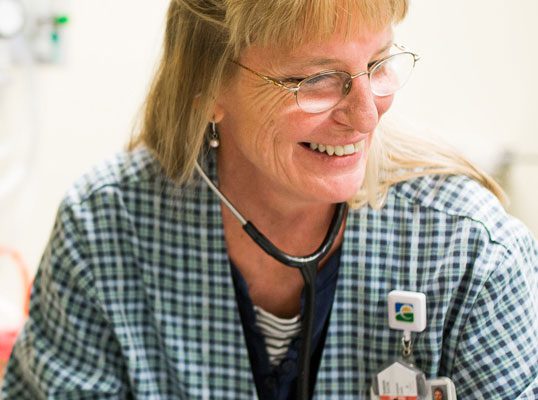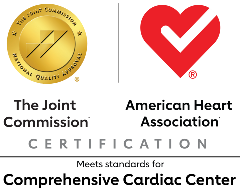Treatments & Procedures
Minimally Invasive Heart Catheter Ablation Techniques
Today, many types of cardiac arrhythmias that were once treated with medicine or open surgery can now be treated using a minimally invasive technique called catheter ablation.
In many instances, doctors at the Florence Wormald Heart & Vascular Institute at St. Elizabeth can use catheter ablation to stop or significantly reduce symptoms of atrial fibrillation, ventricular tachycardia (VT), premature ventricular contractions (PVC) and other types of cardiac arrhythmias.

Schedule an Appointment
Call: (859) 331-3353
Catheter-based Techniques
Implantable Cardiac Electronic Devices
Implantable cardiac devices continuously monitor the heart’s electrical system and provide automatic correction (an electrical signal) when an arrhythmia occurs to restore a normal heartbeat.
Your doctor will discuss which device is right for you:


